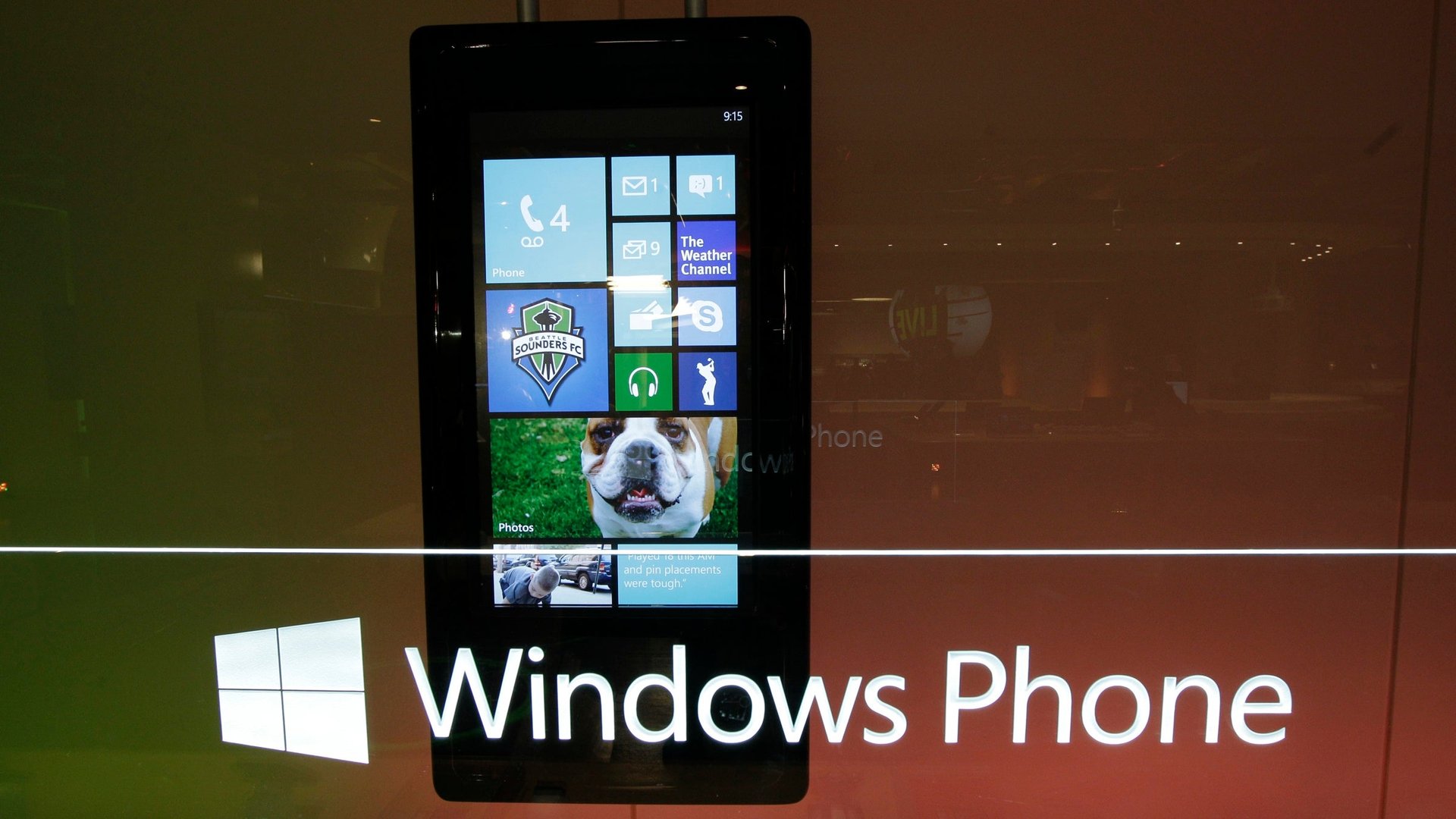Of course Microsoft is making a smartphone: 3 reasons the new rumor makes sense
Microsoft is making its own smartphone, according to component suppliers in Asia, reports the Wall Street Journal. Those same sources say Microsoft is testing designs but is not yet sure if it will make them available to consumers.


Microsoft is making its own smartphone, according to component suppliers in Asia, reports the Wall Street Journal. Those same sources say Microsoft is testing designs but is not yet sure if it will make them available to consumers.
Here are the reasons this rumor is almost certainly true:
1. Making a smartphone, or any touch-enabled mobile device, is now embarrassingly easy.
China is flooded with manufacturers churning out 7-inch tablets comparable, at least in their form factor, to Google’s Nexus 7 and the iPad Mini. Only these models are as little as $35 apiece. Add in a couple of radios for accessing the cellular network, shrink its dimensions, and you’ve got a phone. That’s one reason why cheap devices from Chinese manufacturer Huawei running Google’s Android software are already in third place worldwide, behind devices from Samsung and Apple.
Granted, Microsoft would want any device it put its brand on to be top of the line. But the company has already demonstrated a proficiency in hardware.
2. Microsoft is desperate to match Apple’s success by copying its strategy of controlling both hardware and software.
The debut of Microsoft’s various Surface tablets, including models that run on the same battery-sipping (but less computationally powerful) ARM chips in all its competitors’ tablets, shows that the company believes it can only become a legitimate threat to Google/Samsung/Android and Apple by making best-in-class devices to showcase its new Windows 8 operating system.
Windows 8 is designed to be equally at home on PCs, laptops, hybrid tablet-laptops, tablets and phones. The flagship Windows 8 device was supposed to be Nokia’s forthcoming smartphone, but the company is hemorrhaging money so quickly that it’s looking like a very weakened standard bearer for Windows on phones.
In addition, previous versions of Windows phones have captured only 2% of the market, and even forward-looking estimates of Windows phones project weak sales.
3. Google has shown that, in the long run, making best-in-class hardware is probably good for all manufacturers relying on a particular operating system, even competitors.
When Microsoft announced Surface, you could practically hear the gasps of disbelief from long-term Windows hardware partners Dell, Acer, HP, Lenovo, Acer and Asus. Why create a device that might cannibalize market share from the hardware manufacturers without which Windows could not exist?
Yet Google has demonstrated that “competing” with your own hardware partners is actually a good idea. With Google’s Nexus posse of devices, which include a phone, a 7-inch tablet and a 10-inch tablet, it might look like Google is simply trying to control the way that Android is presented on mobile devices. But it’s also true that the company understands it’s locked in a long-term battle with Apple–and, in some markets Amazon–for overall domination not of hardware, but software. Once users are familiar with either Android or Apple’s iOS operating system, and have sunk significant amounts of money into proprietary apps or content for either platform, they’re much less likely to switch.
Microsoft is late to this game, and has too few apps and no market share, yet. That’s why Stephen Elop, the chief executive of Nokia Corp., told The Wall Street Journal that “he would welcome a Microsoft-made phone because he believed it would be a ‘stimulant’ to sales for all companies making Windows Phone devices.”
At this point, Microsoft and its partners in Windows phones, which include Nokia and HTC, have nothing to lose. If they can’t gain a critical mass of users, developers won’t make apps for their phones, and the real thing that users are buying–access to an ecosystem of apps and content–won’t materialize.
Microsoft is in a battle for its life in the mobile arena, as these devices continue to steal market share from PCs. It’s the same battle that is already doing collateral damage to companies like Intel, and the company would be crazy not to throw as many possible manufacturers into the Windows phone fray as possible–including itself.